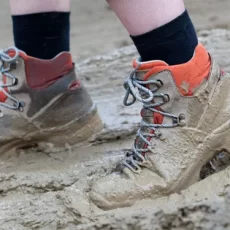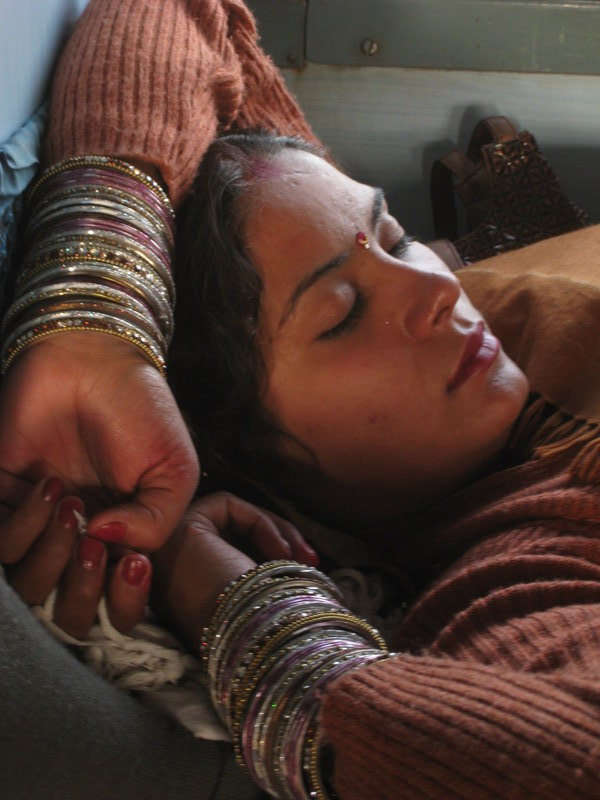Lights out and screen on? Finishing up the last bit of that survey report, running after a dopamine rush of likes on Facebook & Instagram, binge-watching a hot favourite series – there are so many things one can do in the night apart from actually doing what the dark has been created for – sleep.
Sleep deprivation currently threatens the lives of upto 45% people worldwide, indicating a global sleep crisis. But here’s why our changing nocturnal habits won’t do us any good. As per a study published by Harvard, the following six domains of our lives will get affected for the worse when we decide to walk out on our ZZZs –
1. Learning & Memory: Through memory consolidation, sleep helps the brain to wire itself to new information. We’ve all been there – remembering fresh information better after a night of good sleep.
2. Metabolism & Weight: By affecting the way our system processes carbohydrates and by altering appetite-affecting hormones, sleep deprivation may add a few more kilos to our body.
3. Safety: The body is bound to make up for the lost sleep during daytime, resulting in traffic mishaps, missed lectures, medical errors and more.
4. Mood: Irritability, impatience, inability are three I’s that will always accompany a person suffering from lack of sleep.
5. Cardiovascular Health: Hypertension, increased stress hormone levels and irregular heartbeat are going to be the new friends you return home with after your next visit to the doctor.
6. Disease: And you thought your immune system won’t get affected by all those hours you didn’t provide it with the rest it needed? Think again. The killer cells need some time off too, especially to fight cancer.
Now, if you’ve decided to treat your best friend better then stop shopping online for those peppy pyjamas, white noise machines, sleep trackers and stop helping fuel the businesses that actually profit on your suffering. You don’t need the fruits of consumerism to sleep well. What you need is true commitment to your sleep which comes along with the following four pointers –
1. Exercise at least moderately, three to four times a week. Research indicates exercise improves sleep.
2. Control Light: Make sure your bedroom is cool and dark; blackout curtains or a sleep mask may help if you’re particularly sensitive to light.
3. Limit Caffeine: Don’t drink caffeinated beverages past 4 o’clock; that includes decaffeinated green tea, which still contains small amounts of caffeine.
4. Relax: Make it a ritual to get rid of all electronic devices an hour before you go off to bed. “[Research has] shown that light at night can lower your melatonin, especially blue-shifted white light, and that can delay your sleep onset,” says Johns Hopkins biologist Samer Hattar.
A beloved novel may come in handy at this point. Or a conversation with your partner. The simple good old pleasures, you know.
So it’s time for you to count some sheep and make the best out of the world’s cheapest medicine!





